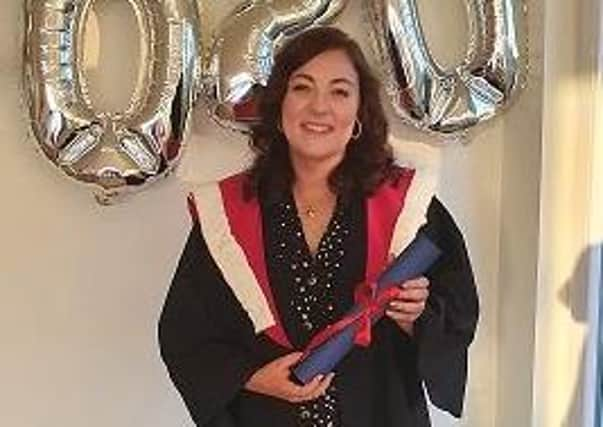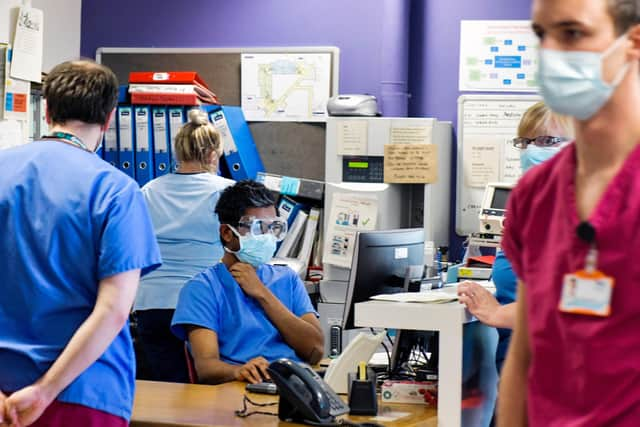What it was like to start as a junior doctor during Covid crisis


I was three quarters of the way through my final year at medical school in March when the pandemic hit Scotland.
By the end of the month university as I knew it was over and lockdown had begun.
Advertisement
Hide AdAdvertisement
Hide AdIt was a time of great uncertainty: I had no idea what the final few months of my medical degree would look like, how I would be taught and assessed – I didn’t even know how I would graduate. All of a sudden I was faced with the prospect of preparing for my first year as a junior doctor without having completed my final two placement blocks. Communication from the universities was sparse as they frantically tried to figure out what to do.


I know I am not alone in saying I sat at home watching the news, seeing the COVID-19 crisis unfold, wondering if we could graduate early and help the NHS in the pandemic.
By the end of March we were assessed on our portfolios, which would allow us to graduate and apply to the General Medical Council for early registration. This meant we could join the NHS workforce ahead of the scheduled August rotation. First year junior doctors are called FY1s (foundation year), and a new role was created for new graduates called FiY1 – which meant we were working as interim foundation year doctors.
A few short weeks after graduating in April, I volunteered to start work early as an FiY1 to support the NHS during the pandemic. Initially I thought it would be very scary and we would be thrown into the working environment with minimal preparation, but the support we’ve received has been incredible despite how busy everyone was, and remains. We were given mentors and had weekly teaching sessions which really helped with the settling in process.
The past few months have certainly been challenging and slightly daunting, but I’ve met some amazing colleagues and patients, and my overall experience has been very positive. Being able to join the workforce and provide help in a time of great need has genuinely been a privilege for me. The support given to FiY1s was excellent and everyone was very approachable and welcoming. They all understood that we had been rushed through to this stage and were happy to give additional help and advice whenever we needed it. I was worried that we – the FiY1s – would be viewed as unnecessary and would be a hindrance rather than a help, but I never felt that way and I was amazed at the way everyone banded together, truly working as a team.
Most people come into this career wanting to make a difference and help people, and I have learned that no matter who comes through the doors, everyone works together as hard as they can to help each patient. Working cohesively as a team was essential to coping with the additional pressures and presentation of various illnesses. This was definitely a strange time to start my career but I’m so proud to have played a role in the health service at this time, which I am sure being a part of will make me a better doctor. I even picked up a new skill: smiling with my eyes. Because of the mask, communication with patients and colleagues is additionally challenging, so being able to show empathy and provide reassurance for people who were afraid to come into hospitals because of COVID-19 has been crucial, and this is a skill I think I’ll be making use of for quite some time.
Dr Amy Paterson, BMA Scottish Medical Students Committee
Comments
Want to join the conversation? Please or to comment on this article.